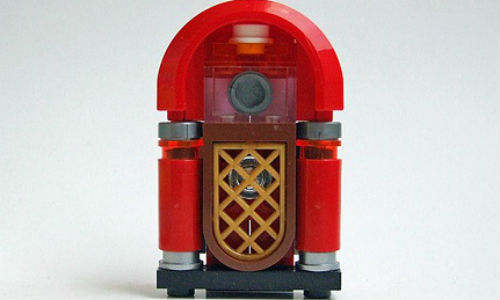In the season of mistletoe and plastic Santas, the commitment to a New Year’s resolution is also around the corner. Just when I started brainstorming this year’s professional resolutions, my newsroom once again shrunk.
On the city desk alone, we are down from eight to two reporters. While fewer cooks in the kitchen can be of concern, there’s an argument to be made that in rapidly changing times it’s best to return to the basics when it comes to reporting and connecting with readers.
While I do get lax at times, there are certain professional practices—oldies but goodies—that consistently work for me as a community reporter. And in that spirit I am sharing them with you. Indeed, they are a part of my resolution.
Get out of the office
It can be tempting to report insurance agent-style these days. Put on the headset, get that quote or soundbite and say, “Thank you, that’s all I need.” And it arguably takes a lot less bandwidth to engage in “clip reporting,” creating stories based on existing clips. There is always the excuse of a time crunch and fewer resources, but the bottom line is nothing beats face-to-face reporting. (Plus, it’s a lot healthier than sitting at your desk for marathon amounts of time.)
Recently I created a spreadsheet of all of the local business organizations in my region, and put together a list of meeting dates with the goal of attending at least one a week. On a recent weekday I joined the board meeting for the Salinas Taxpayers Association, and over coffee and eggs acquired some juicy story gems.
Make a practice of showing up
Woody Allen once said that 80 percent of success is showing up. I have gotten a wealth of story tips, leads and sources by attending everything from chamber mixers, to community forums on parks and recreation issues, to a transportation commission meeting. I always come away with more contacts and feature ideas, and along the way I am building my brand. Showing up sends the message, “this reporter cares.”
Sit through the whole meeting
The next best thing to showing up is sitting through meetings, whether it be a county budget or a City Council meeting. Yes, the majority are snoozers but sometimes the best things literally come last.
In the community on which I previously reported, the city manager had a savvy tactic, in which he often saved the juiciest news for the “council comments” portion of the agenda. In one case his FYI-style aside included a plan to send council members to a retail conference for economic development, along with the allocated budget. That item would have made a good news story.
It is tempting to watch meetings from your computer, or show up and hurry out after getting what you need. But building the trust of sources takes time investment. Sitting through an entire meeting shows them that you take them and your job seriously.
Just bring the right gear: fully charged laptop, wireless router, a bottle of fizzy energy water and a couple of power bars.
Do your homework
It’s also worthwhile to take the time (even your downtime) to learn the nuts and bolts of public finance, which often surfaces in municipal government meetings. For example: How do bond measures work, what is a bond authorization, how do you read a tax rate analysis and what are the most important parts of a budget?
Close the loop
Many folks, I’ve learned, are surprised when you follow up.
The day the story goes online I will send the link to key sources and interviewees, thanking them for their time and insight, and letting them know I am open to feedback (meaning if there is something inaccurate in the story or additional information, please let me know). When I meet key business and community leaders at confabs or mixers, I will write a handwritten note thanking them for their time.
Finally, one not-so-oldie practice: I keep a list of sources that is constantly updated and I make a point of following them on Twitter (yes, the power of resharing). What better way to expand your brand.?
Reporter’s Takeways
• Some skills and techniques transcend time and technology. In-person meetings often generate the best sources and story ideas. Along the same vein: Don’t be a flake. Show up and sit through meetings and events.
• Follow up with an email or, even better, a handwritten note to key sources and interviewees. And keep your list of sources constantly updated.
• Learn the nuts and bolts of public finance, which often surfaces in municipal government meetings.
• Remember that knowledge almost never knows to waste. You never know where that nugget of information will come in handy…











